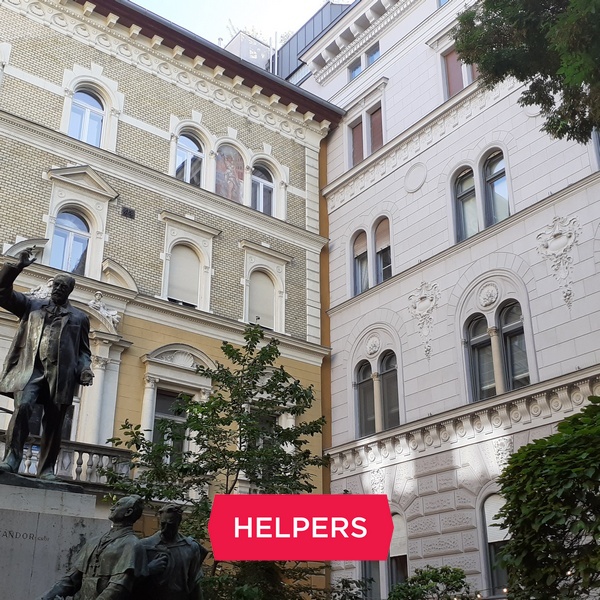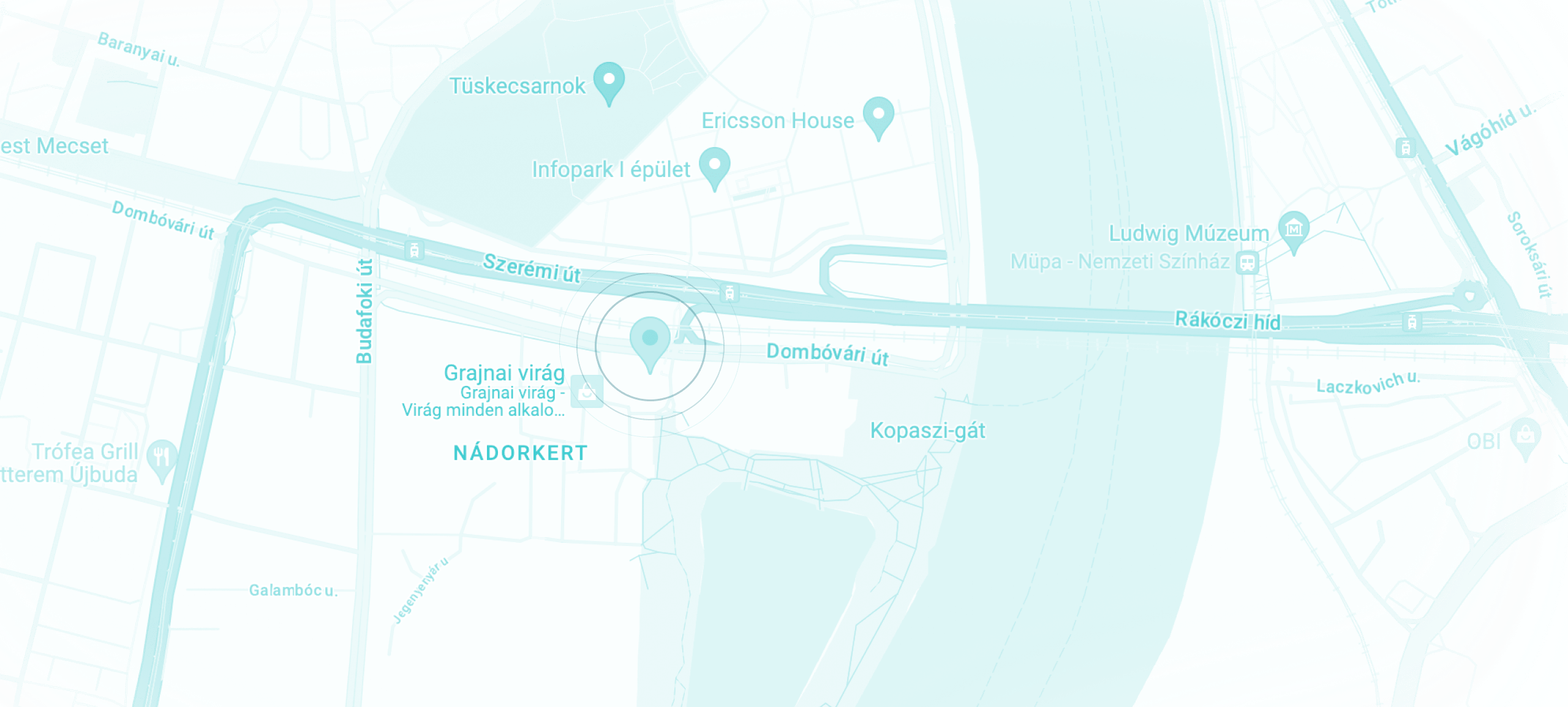
Strategic tax residency can save you time and money
Tax residency is about where you pay taxes. In contrast, tax nomadism is a view that if you move around enough, you will not become a tax resident anywhere and you can avoid paying taxes. While this might work in the short run, it will definitely cause problems in the long run. Instead, it makes more sense to make a strategic decision about where you want to be a tax resident.
Tax residency is about where you pay taxes. In contrast, tax nomadism is a view that if you move around enough, you will not become a tax resident anywhere and you can avoid paying taxes. While this might work in the short run, it will definitely cause problems in the long run. Instead, it makes more sense to make a strategic decision about where you want to be a tax resident.
Tax residency and the 183-day rule
Most people spend most of their time in just one country. They generate income there, and they pay taxes after this income there. The country where they live is where they are tax residents. However, when someone moves around a lot, their tax residency may become unclear.
To make determining tax residency easier, many countries have a “183-day rule”: if you stay for more than 183 days in that country within 365 days, you automatically become a tax resident. As a result, many have come to the attractive conclusion that if they keep moving around, the 183-day rule will not apply to them, they will not become tax residents anywhere, and they can avoid paying taxes.
Unfortunately for them, the 183-day rule is just one element of tax residency. There are other aspects to be considered (listed below). At the same time, not being a tax resident anywhere can have serious drawbacks.
- Most countries will expect you to pay taxes after your income generated there unless you are a tax resident elsewhere.
- Some countries will expect you to pay taxes after your worldwide income if you are a citizen or a resident, even if you are not a tax resident there. As a result, you risk being expected to pay taxes after the same income in several countries.
- Double taxation treaties, which were designed to protect people from paying taxes after the same income in several countries, cannot be applied to protect you if you cannot prove tax residency in at least one country.
At the same time, if you neglect paying taxes anywhere because you think you are free from that due to the 183-day rule, you may expect fines and/or other administrative consequences (e.g. being banned from doing business). While your income is not “public” information, banks and tax authorities do communicate with each other, especially regarding business accounts. As a result, you will be expected to pay taxes if you have an income, even if you don’t submit any reports on it.
Determining tax residency
When tax residency is not obvious based on the 183-day rule, there are other aspects that are used to determine tax residency. They are as follows in order of priority.
- Permanent home: A place you own or rent, suitable for living there year-round.
- Center of vital interests: A country where your personal and economic relations are closest.
- Habitual abode: A country where you return to regularly, even if you don’t have a permanent home there.
- Citizenship
If you have a place to stay that can be considered a permanent home in more than one country, then the center of your vital interests will be considered. If that cannot be determined either, then the next aspect to consider is the habitual abode, and after that, your citizenship. If you are a citizen of several countries, the tax authorities of the countries competing for your taxes will decide where you should pay taxes through a mutual agreement, without regard to where paying taxes would be most favorable to you.
Strategic tax residency to optimize your taxes
Based on the above, it makes more sense to select a country where you want to be a tax resident than to just avoid settling anywhere and then hope for the best. Trusting your luck in avoiding detection while neglecting to pay taxes may have serious consequences. To prevent that, you should consider your goals, your lifestyle, and your income structure, and then select a country of tax residence that can offer you the best outcomes.
To establish tax residency in one country, you will need a solid paper trail that can help you prove and defend it. This might involve the following actions (in no particular order):
- Coordinating your physical presence, your business activity, and your banking activity so that their focus is your chosen country of tax residence (center of vital interests)
- Establishing clear and documented residency (permanent home or habitual abode)
- Obtaining a residence permit – this will let you access double taxation treaty benefits
- Cutting ties with previous home countries – might involve deregistration from superfluous tax systems
This way you will be able to pay less tax while you avoid costly administrative inconveniences (such as getting fined for undeclared income or getting banks block your accounts).
Hungary: an attractive option for tax residency
Depending on your goals and plans, Hungary might be an excellent option when you are selecting your new country of tax residency.
- EU membership, offering ample business opportunities, while residency lets you travel visa-free in the Schengen zone
- 9% corporate tax, which is the lowest in the EU. At the same time, Hungary is also a Safe Harbor from the global minimum tax, which is more relevant to international corporations.
- Low dividend tax: if a company owner acquires tax residency in Hungary, they can also take advantage of the low dividend tax, which is at 15% (although depending on their nationality and other factors, their income from their Hungarian company may also be taxed elsewhere; to find out about this, please contact us for tax advisory).
- Various freelancing structures are available to digital nomads and other self-employed businesspeople.
- Easy business-setup: whether you want to set up a company or a freelancing business, you can get started in just a few days.
- Investment residency available: through the Hungarian Golden Visa program, you can obtain Hungarian residency in a simple procedure, in exchange for a single investment.
If you are interested in establishing Hungary as your next country of tax residency, feel free to contact our team. Helpers provides comprehensive business and personal solutions to international clients with 20 years of experience and a committed team of experts. Tell us about your plans, and we would be happy to help you achieve your goals.
Was this article useful? Follow us on Facebook to learn more about living, working, and doing business in Hungary, or sign up for our newsletter for a monthly digest.
Kapcsolat
Írjon nekünk!
Hétfő – Péntek
9:00 – 17:00
Helpers Hungary Kft.
Budapart Gate
Dombóvári út 27.
Budapest, 1117 Hungary
Irodánk a 2. emeleten található, és az „A” bejárat felől érhető el.






